
“I am very appreciative of the Keswick Heritage Fund, which blessed my daughter with her last semester at VCU. Hebrews 13:1 says, Let brotherly love continue.” – God Bless, Evangelist Marieka Williams
The Keswick Heritage Fund
In 2021, pastors and representatives from five Keswick churches—Grace Episcopal Church, St. John Baptist Church, Union Grove Baptist Church, Union Run Baptist Church, and Zion Hill Baptist Church—convened to explore a partnership aimed at facilitating scholarships for local African American students connected to these congregations. This initiative was inspired by Grace Church's research into the intertwined histories of slavery, race, and the churches in Keswick, a project intensified by the nation's heightened racial awareness at the time. Building upon a tradition of unity and collaborative efforts in Christian education, these discussions led to the establishment of the Keswick Heritage Fund, a 501(c)(3) organization, within the same year. The fund's mission is to preserve the rich history and cultural legacy of Keswick while empowering future generations through educational support. Notably, since its inception,Pleasant Plain Baptist Church has joined this collective endeavor, further strengthening the commitment to uplifting the community through faith, unity, and opportunity.
-
The Keswick Heritage Fund was created through the initiative and vision of members of the Grace Episcopal Church who were studying the history of the church and its close relationship with the area African American community. In 2018 Grace church began an extensive renovation of the church to prepare for the installation of a new organ, and to renovate and restore its historic sanctuary, originally constructed in 1855.During the demolition and reconstruction of the interior of the building, the original stone interior structure was revealed, and this inspired research to discover more about the history of its early stonework and craftsmanship. Given the fact that the church was built before the civil war, and restored after a fire in 1896, it was a likely assumption that the stonework and carpentry was the work of local enslaved African American workers living and working on neighboring farms owned by the founders of the church, along with indentured Irish working in the area in the 1850s.
To uncover the undocumented history of the building and to learn more about the race relations in the Keswick area, a committee of volunteers formed by two members of the vestry working with two members of St. John Baptist Church in Cobham began to search for the possible links to the construction and probable labor provided by enslaved workers in the area, many of whose descendants still live in nearby communities of the Southwest Mountain area of northeast Albemarle County. This research project began in the summer of 2020, during the early onset of the Covid pandemic lockdown when working from home, inadequate internet connectivity in rural areas and lack of access to jobs and education were in full force. In addition to these local challenges, the nation was facing a crisis in race relations and a reawakening of the struggle of civil rights following the tragic death of George Floyd. Interest in learning about race in our country and our local history was keenly relevant. Episcopal Bishop of Virginia requested all parishes to explore ways to help in what was then a current national crisis.
Ashley Williams, then in her final semester studying English at VCU accepted the job as our intern and worked with the committee as a research assistant. During the summer we worked together on building a resource for research and history to establish a special African American History section on the Grace Church website. In the process of working with Miss Williams, we studied the history of the African American communities in Keswick, and we became more aware the challenges faced by local African American families who have been historically underserved. Sharing with us her experience as a working college student we became more aware that families such as hers were facing substantial challenges for tuition and education related expenses. Student debt, living expenses and the need for support is an ongoing demand. We wanted to extend the tradition we had learned through our Church history that education is key to building bridges to understanding our neighbors, and to providing pathways to a better future to those whose lives have enriched those in their communities but have historically faced discrimination and inequality, and denial of equal opportunity for advancement.
And so, the commitment to establish a fund to support students like Ashley was a natural next step, and a welcome opportunity for the church community and beyond, under the non-profit mission of the church, to create a scholarship fund. Ashley received a grant from Grace Church Outreach designated Keswick Heritage Fund in coordination with a matching grant from the CACF through the Alex Summers Fund in August of 2020, and she successfully completed her B.A. degree in English the following winter.
Because of the public nature of this scholarship fund, and the willing desire of the community to support a fund for African American students, lay members and the pastors of Grace, Union Run, Union Grove, Zion Hill and St. John churches formed a partnership to create an independent 501c3 corporation to provide educational support for local area students. The Keswick Heritage Fund, Inc. was established in November, 2021.
-
Our Historic and Member Churches
Grace Episcopal Church, located on route 231, Gordonsville Road near Cismont, VA. The site of the original church building built in 1747 is marked in front of the gothic structure built in 1855. Historic Grace Episcopal Church stands at the site of one of the earliest colonial churches in Virginia. A “mountain chapel” had first existed on the premises, having been built by the earliest settlers in the area, probably in the 1730’s. The Vestry of the Fredericksville Parish of the Church of England later commissioned a church for this site in 1745. First known as the Middle Church, and later called Walker’s Church, foundation stones of this church, constructed of wood and completed in 1748, are visible today in the front yard of the present structure. Built by Mr. Francis Smith for a fee of £80, this wooden building measured 32 feet by 24 feet. The Fredericksville Parish included the original church and two other churches in Albemarle and Louisa Counties. The Rev. James Maury became Rector of the Parish in 1751 and conducted a classical school at his home. Thomas Jefferson attended this school in 1757 and 1758 and later served as a member of the Vestry of the Fredericksville Parish from 1767 to 1770. Vestry members selected ministers, cared for the poor and mentally deficient, set land boundaries, and required residents to pay a levy of tobacco or cash to support the church. Click image to read more.
Soon after the Civil War, the Rev. Robert Hughes (1821-1895) and other freedmen organized Union Branch Baptist Church, later known as Union Run Baptist Church. Spiritual life was vital to formerly enslaved African Americans, and establishing churches and creating communities were of primary importance. Thomas Jefferson Randolph of Edgehill deeded one acre to the church’s deacons in 1867. The congregation purchased the Limestone Church building and re-erected it on this site, where it also served as a school. The church became a cornerstone of the community. The Rev. Hughes, pastor for three decades, was interred in the churchyard, the final resting place of hundreds of community members. Click image to read more.
St. John Baptist Church was a branch of the Free Union Baptist Church. Due to the distance the saints had to travel Rev. Daniel Brown, Pastor of Free Union Baptist Church suggested to the people of this community to build a place of worship that would be more convenient for the community to attend. In 1880, Mr. Hinkle a generous resident in the area, donated the land and the church was built. Brother Wyatt Johnson was elected as the first pastor and was assisted by Rev. Dabney Parker of Gordonsville, VA until Brother Johnson was ordained. The deacons were then selected and ordained. The first deacons of the church were: Sam Johnson, Richard Perkins, Jefferson Johnson and Pleasant Ragland. The church prospered and grew so much that soon it was too small to hold its congregation. In 1896, the church was enlarged to accommodate the steady growth in membership. At that time, Richard Stewman and Oliver Gardner were added to the Deacon board. Click image to read more.
Zion Hill Baptist Church is located near Merrie Mill Farm, on route 22 near Cismont VA. In 1870, a few years after the Emancipation Proclamation was signed, ZION HILL BAPTIST CHURCH grew out of a prayer meeting. Realizing their duty to Almighty God and wanting to give Him thanks and praise, a few humble people gathered in the home of Sister Kizzie and Brother Abraham Robinson and began to pray. By 1871, with Rev. Daniel Brown as the temporary pastor, a bush harbor offered shelter as the prayer meeting grew rapidly and the home could no longer accommodate the people. Time passed, and the group decided to try and build a church. With land given by the Robinsons, the first church building was completed about 100 feet to the left of the present building. Around 1874, Rev. Robert Hughes was elected pastor and under his leadership Zion Hill Church grew both in spirit and in numbers. Its spirited deacons and faithful but devout members also led the way. One of Rev. Hughes' greatest accomplishments during his nearly 20 years as pastor was the formation of “The Sister and Brothers of Charity", a group to aid the sick and help bury the dead. Click image to read more.

In August 12, 1885 two acres of land near Keswick in Albemarle County, Virginia was surveyed by J.R. Ferguson and bonded September 25th 1885 for the cost of thirty dollars. This land was purchased by trustees Nick Henderson, Richard Ragland, H.W. Spears and Thomas Thomas for the purpose of building the Union Grove Baptist Church. This church is located in the eastern part of Albemarle County in Keswick on Rt. 616, named Black Cat Road. Many documents were destroyed in a fire in 1965 at the home of our former clerk. The Church joined the Piedmont District Baptist Association in 1892 and again in 1973. Between this time the church joined and was a member of Slate River Baptist Association. They joined the Piedmont Ministers, Deacons and Layman’s Association in 1985. For more information please contact Pastor Arnette White, (804) 433-0758.

Pleasant Plain Baptist Church, 2564 Lindsay Rd Gordonsville, VA 22942 For more information, please contact: Pastor Marieka Williams 1419 St. John Rd, Gordonsville, VA 22942
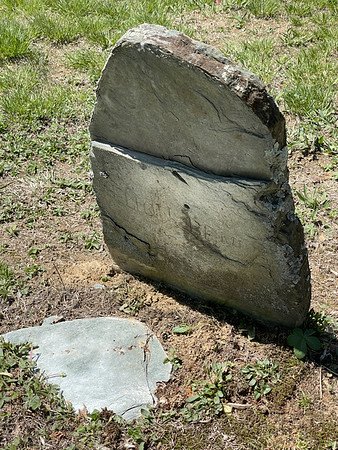
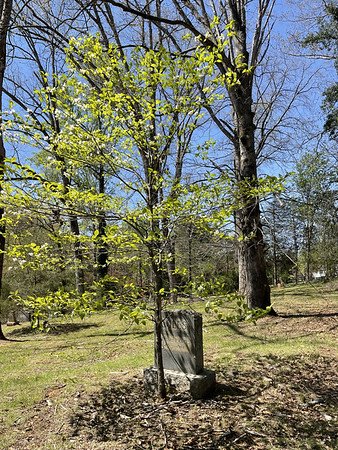
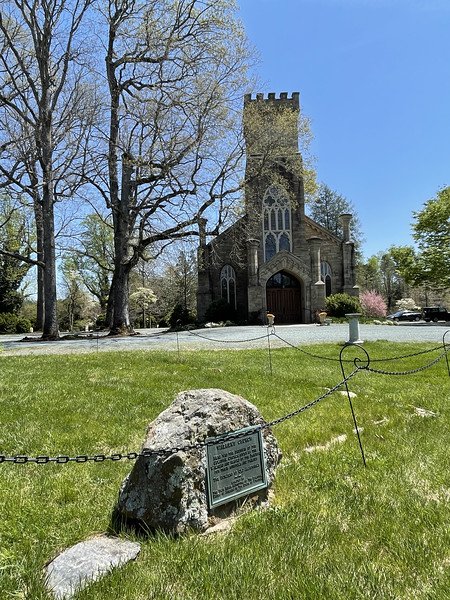
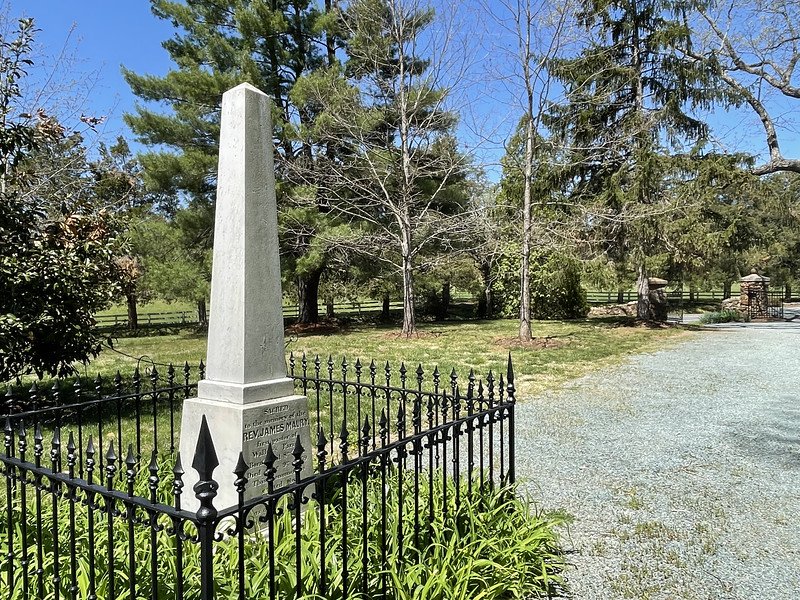
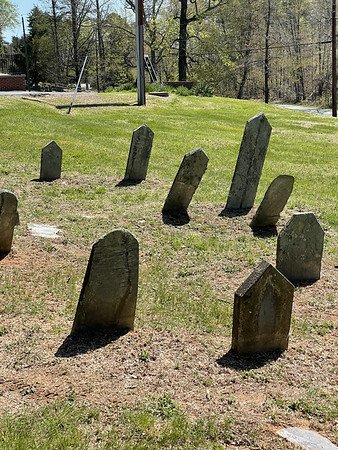
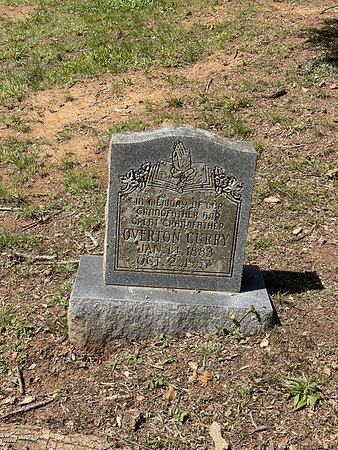
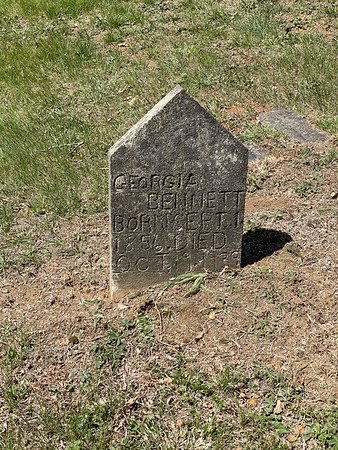
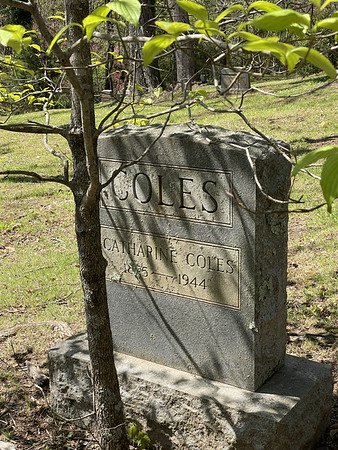
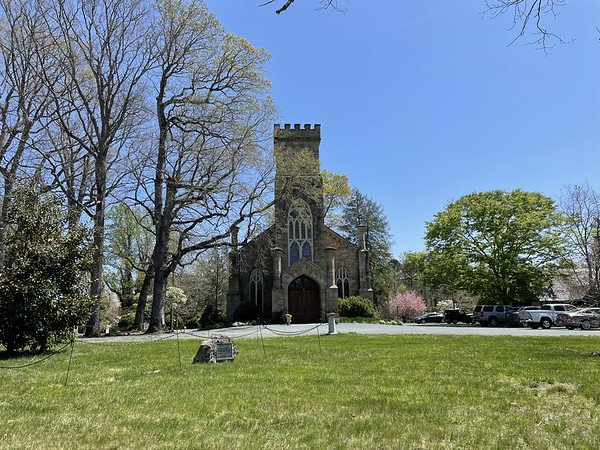
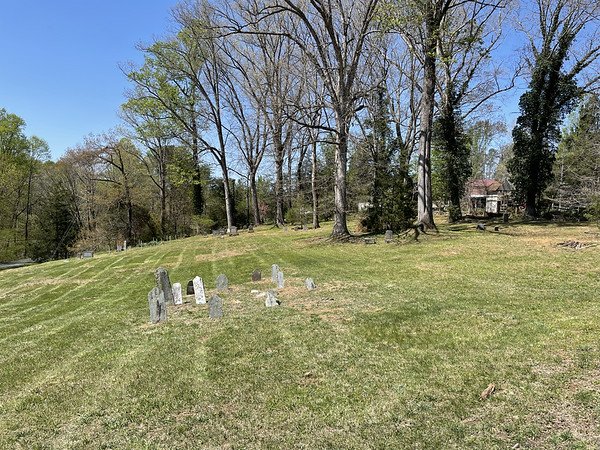
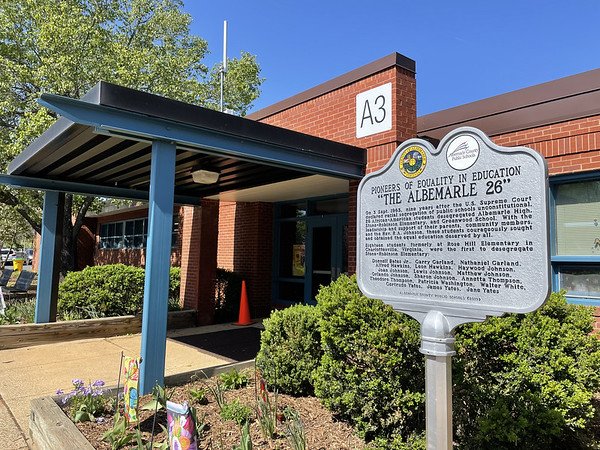

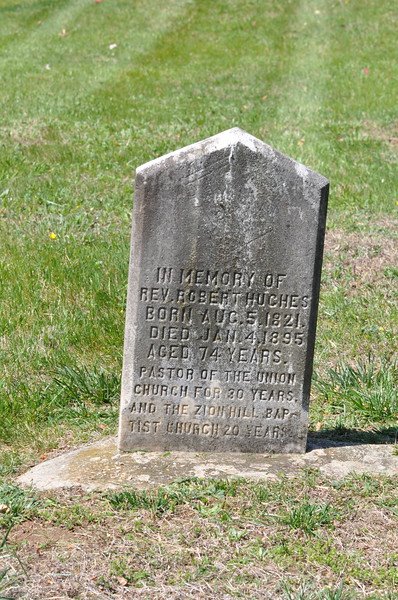
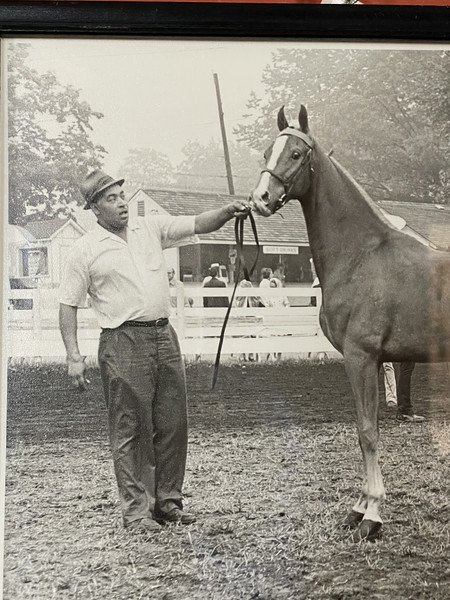
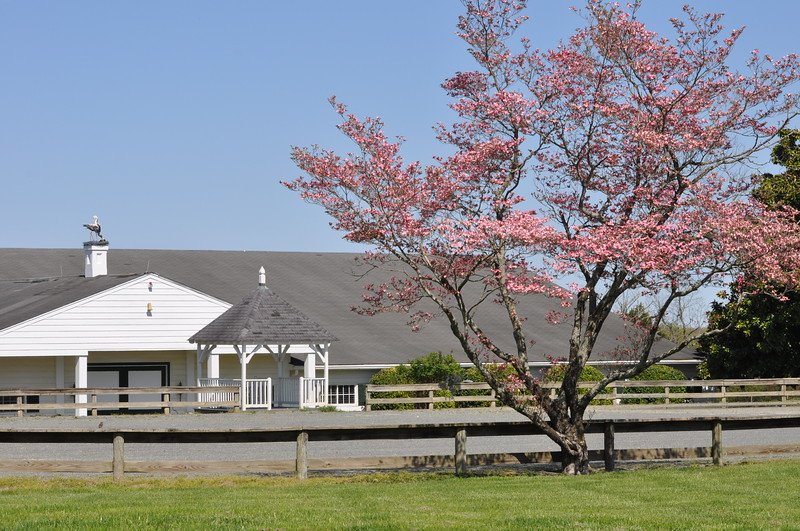
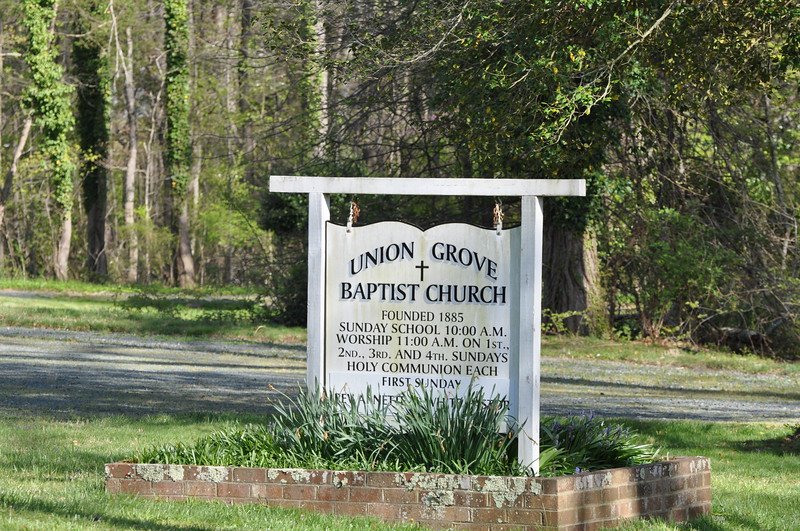


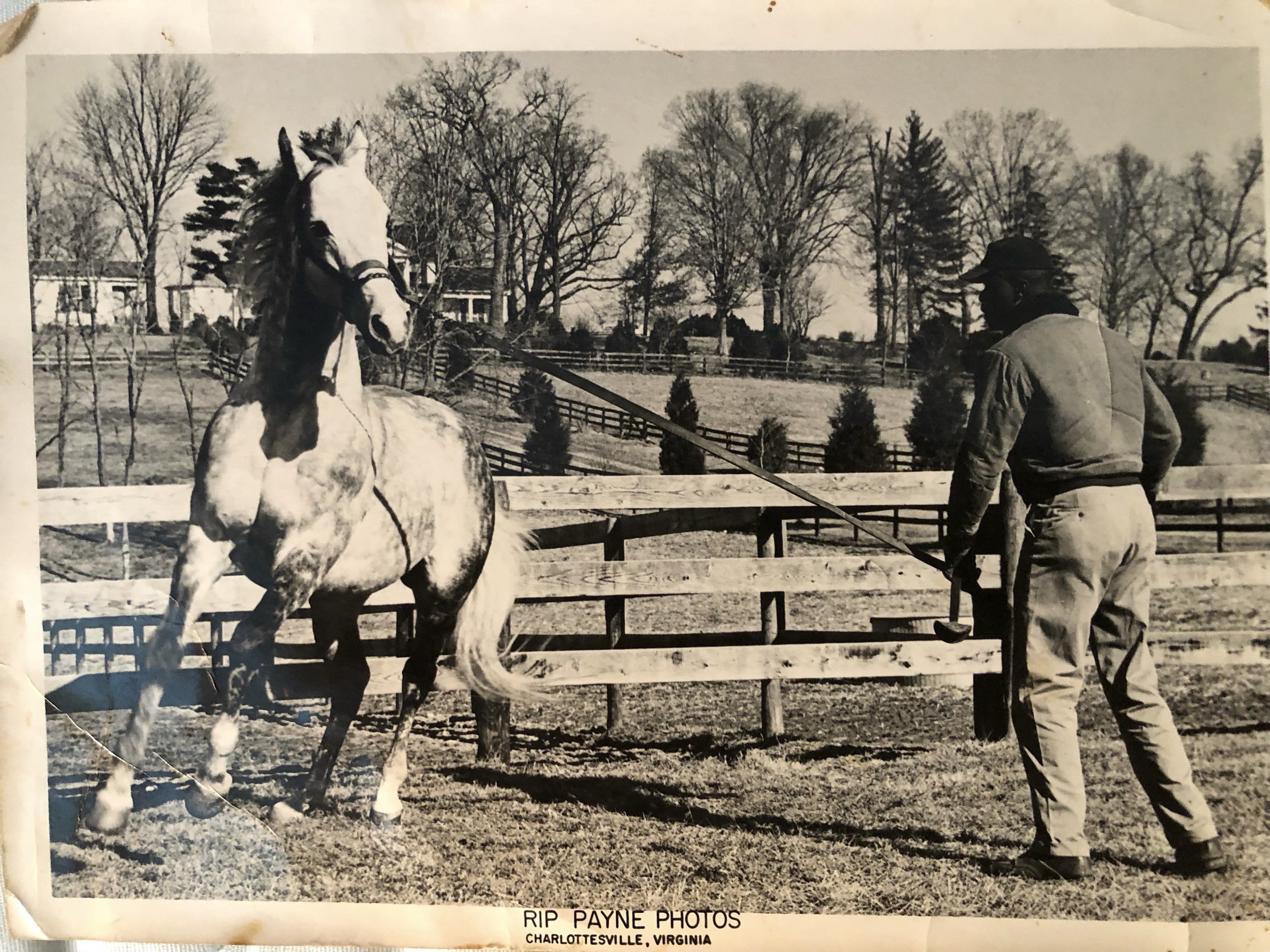














Inspiring Words from Monet Christmas, 2024 Awards Recipient
“I am here to tell you, YES. All the sacrifices that I have made to get to the moment have been worth it. I have proven to myself that I am able to do all things through Christ that gives me strength. I have proven to my children that it is not how you start your race but how you finish it. When you fall, you get up and dust yourself off and keep moving forward. Looking back for a moment is ok, to see how far you have come, but don’t look back too long, because you will miss what is ahead of you. You will make mistakes along this journey, and that is ok as long as you learn from them and keep moving forward. Don’t be afraid to ask for help along the way. Each one of you here today has people in your circle, in your corner, to stand with you and to help you up when you fall. How do you know this? Look beside you, look at the ones that came with you today, to support you. They are here because they love you and they want to see you succeed in your next chapter. They have made sacrifices so that you can sit here today, to be honored and celebrated for your accomplishments. It has not been an easy journey for them, so learn from them, listen to them. They are only telling you what they have experienced so that you don’t have to experience the same things.”
Kind Words from Our Supporters
“Caring for our neighbors as described in Matthew 25 is our Outreach Program mission. We are pleased to see the Keswick community join together to create this scholarship opportunity for area students."
—Cathy Bodkin, Outreach Chairperson, Grace Episcopal Church
“The research conducted by the KHF has been invaluable to the PEC team and our work in the Southwest Mountains Rural Historic District.”
—Damien Sharp, PEC research affiliate
"It is great to know that the KHF scholarships are helping bridge the financial gap for descendants of the St. John Rosenwald Elementary School and others in Keswick and its vicinity."
—Becky Kinney, President, St.John Family Life and Fitness Center





